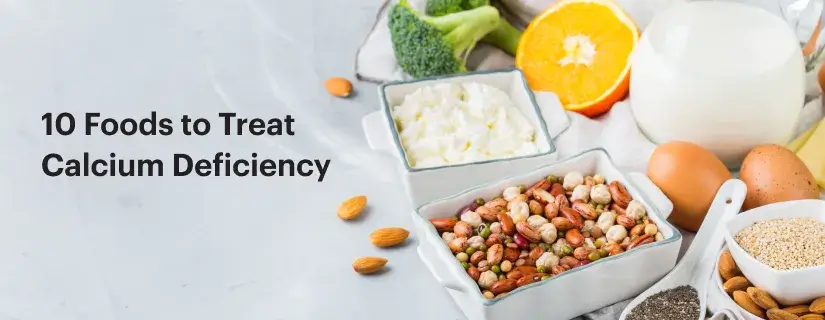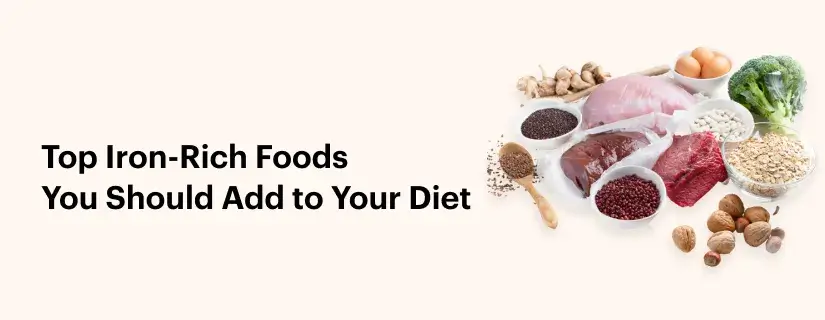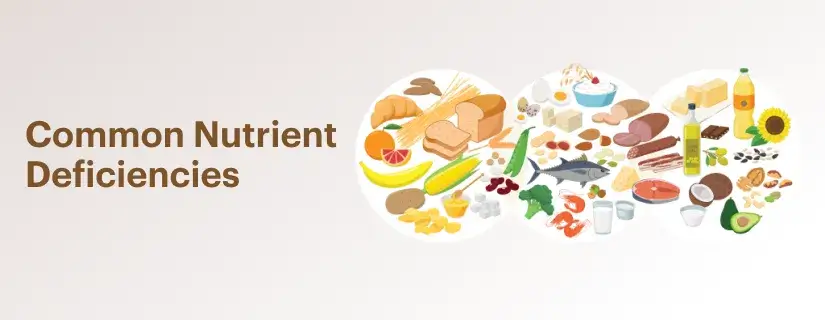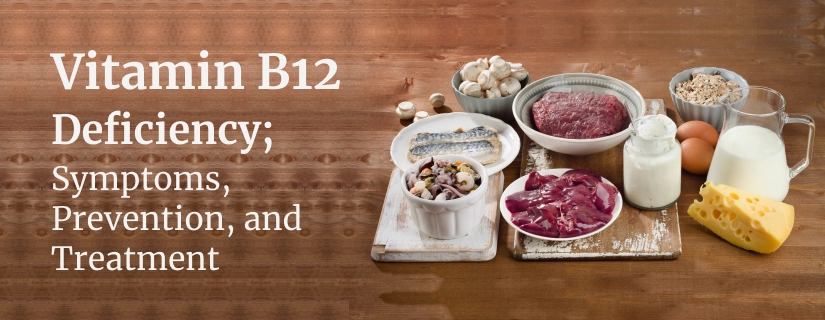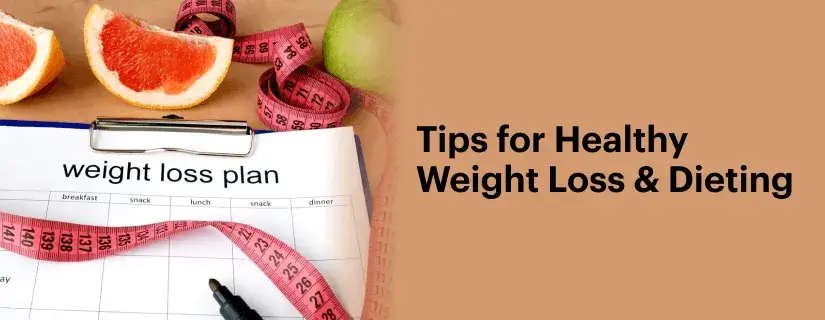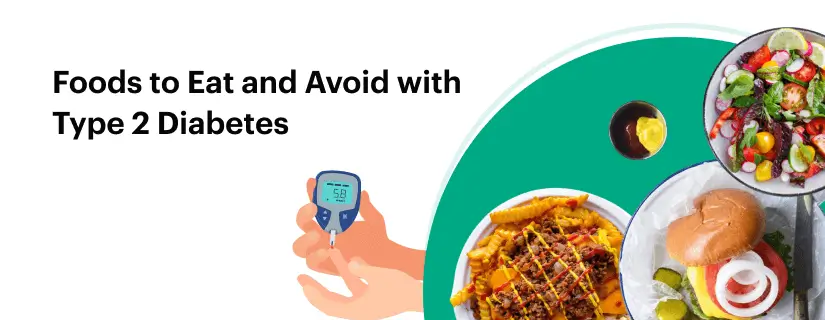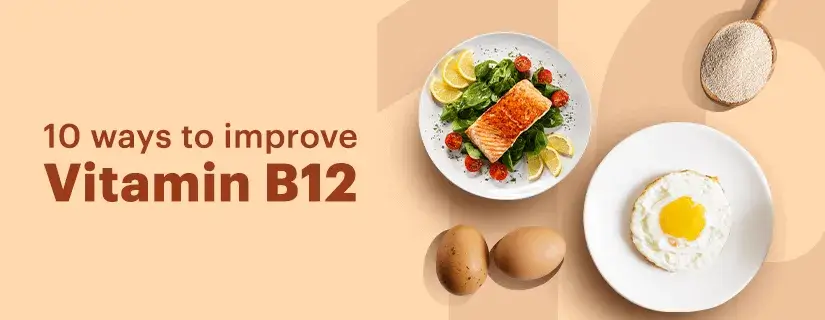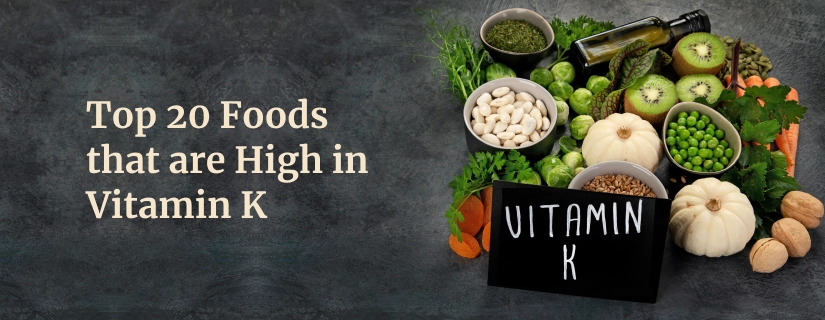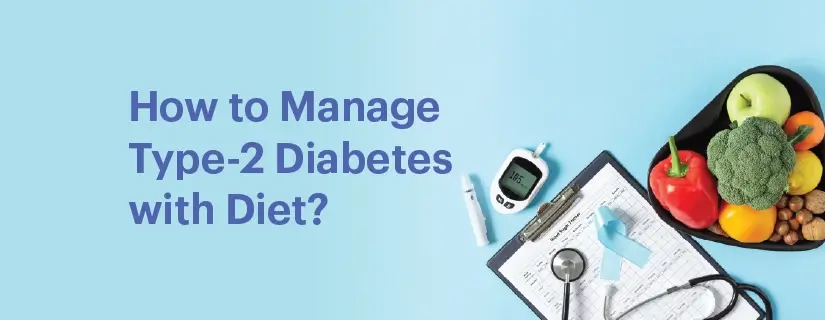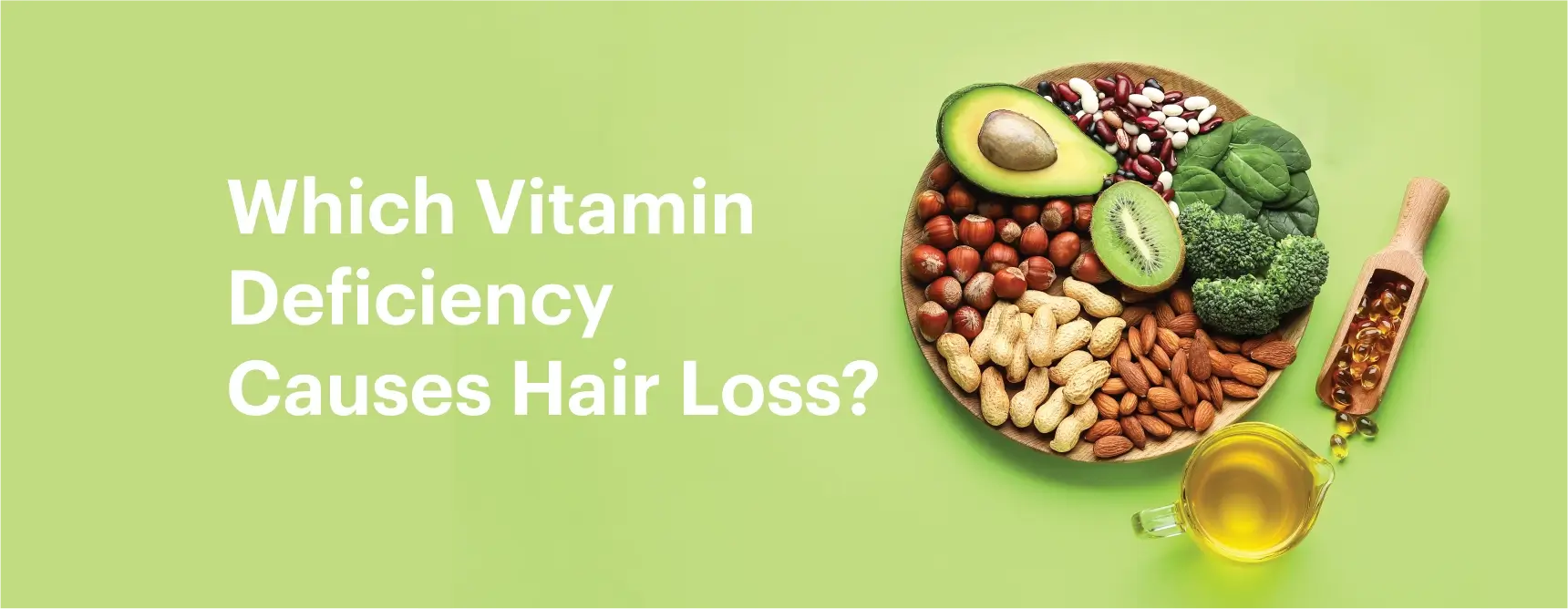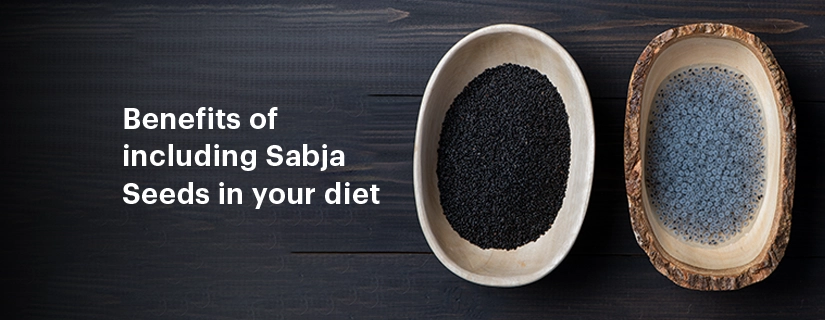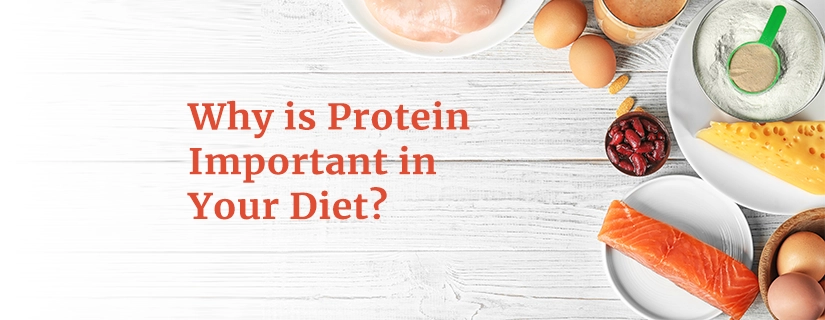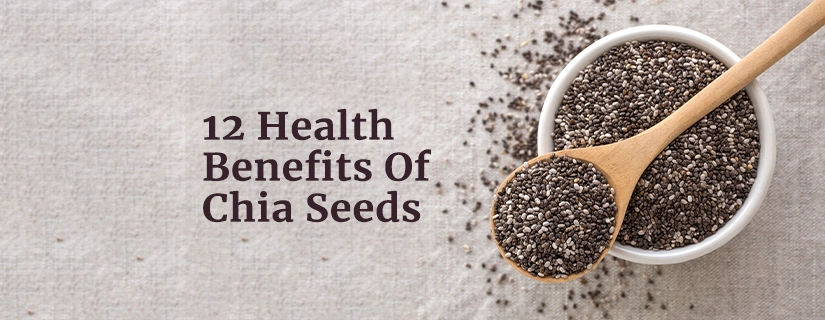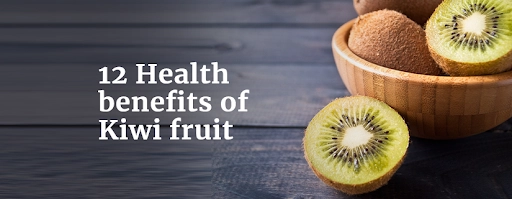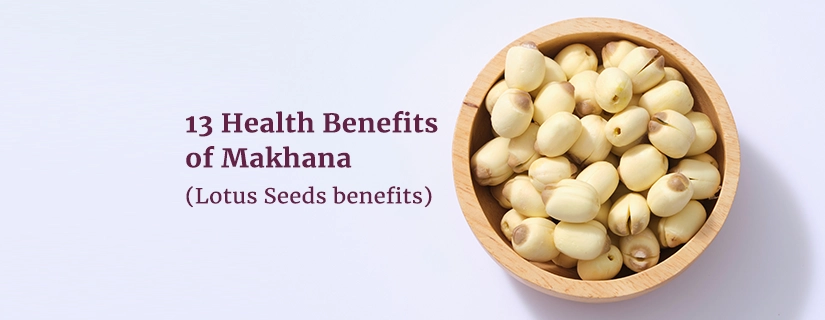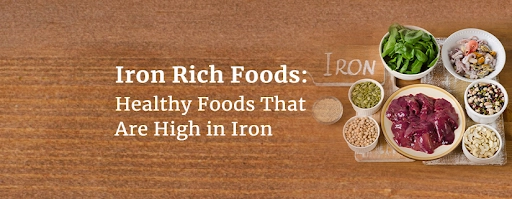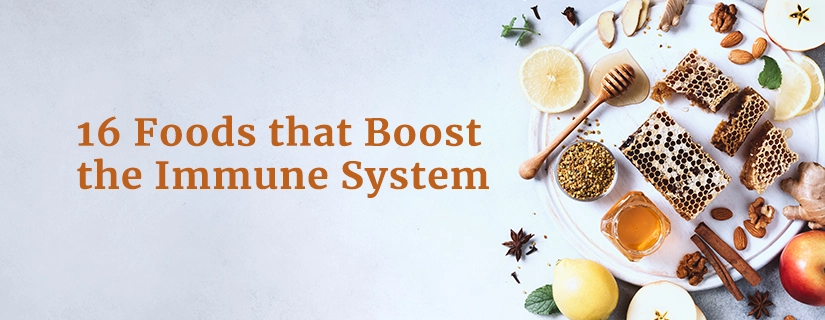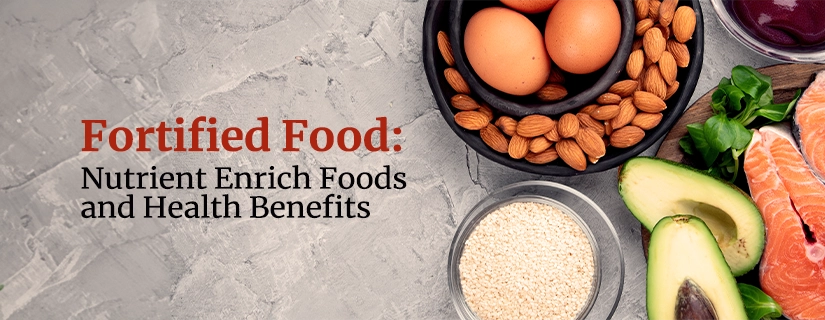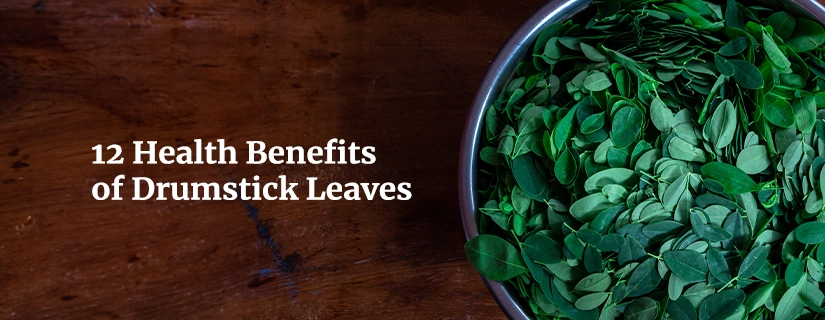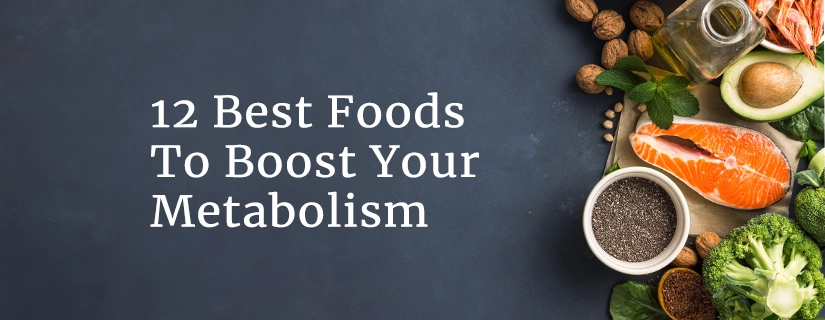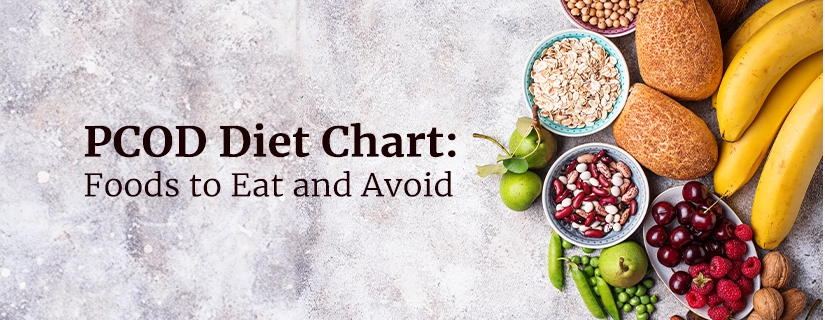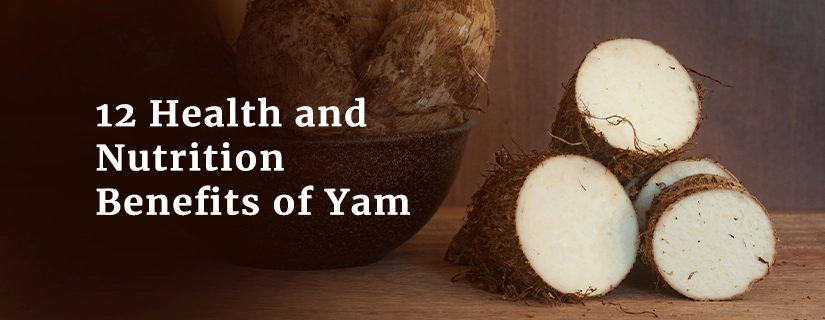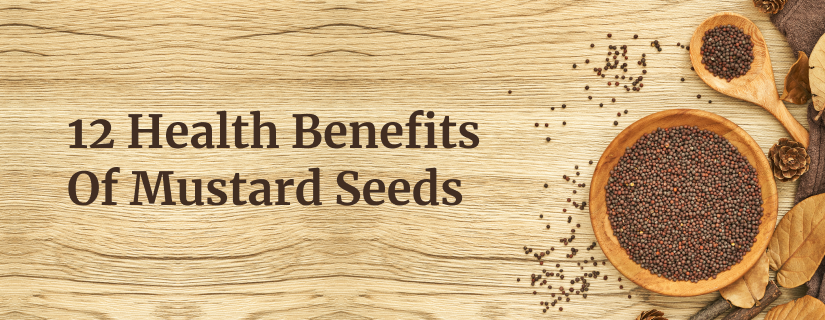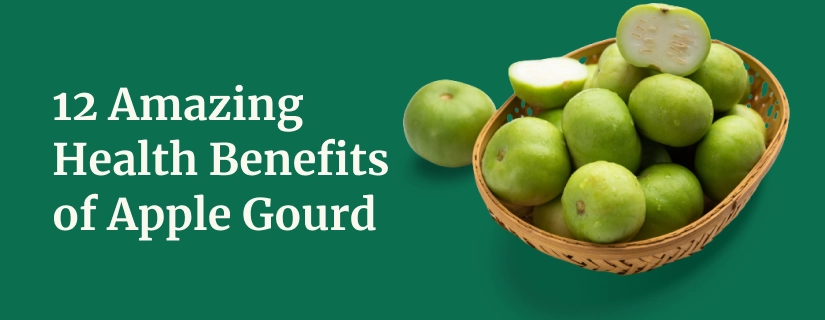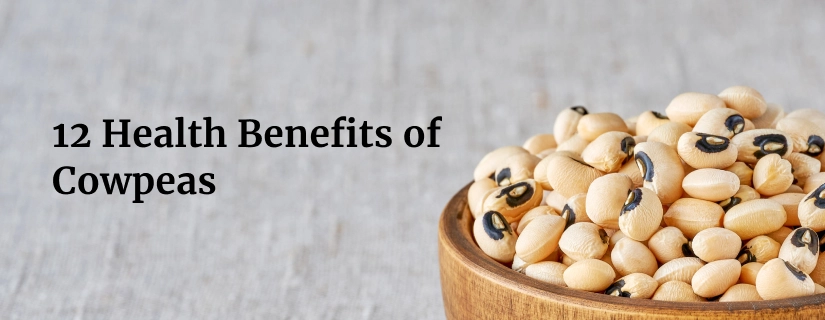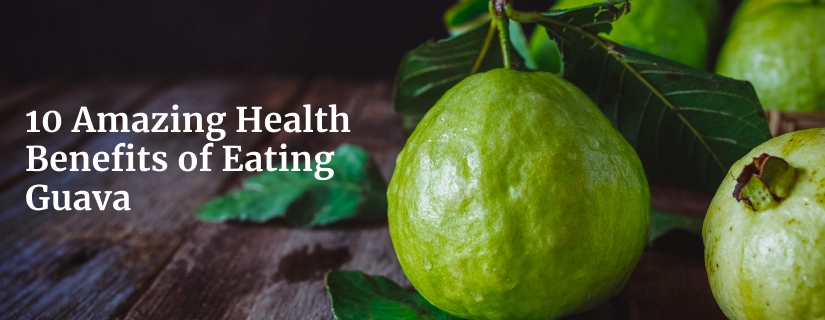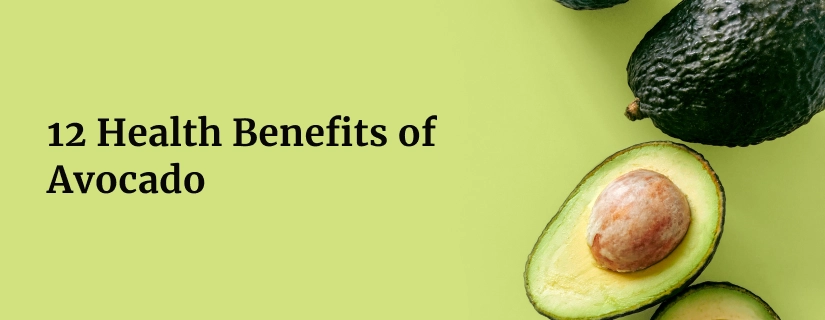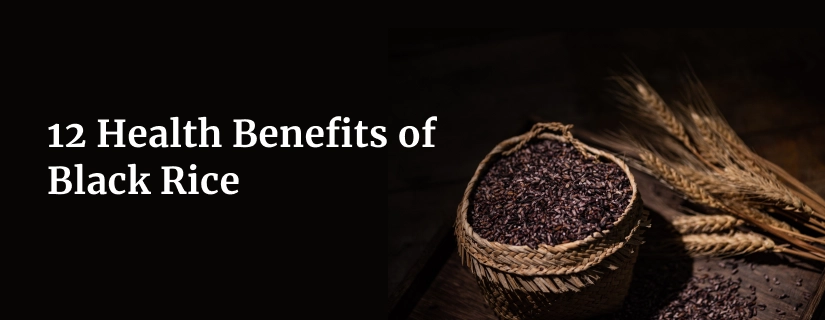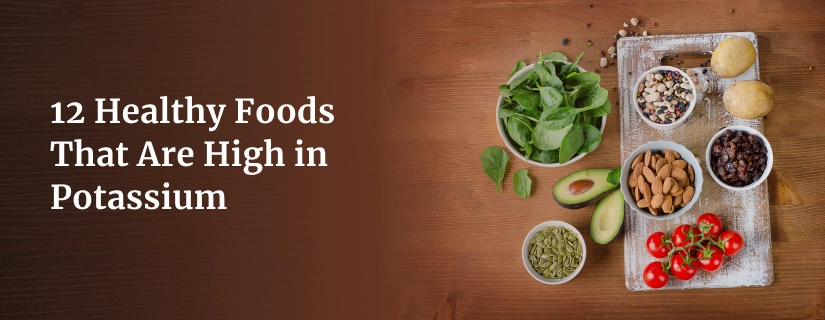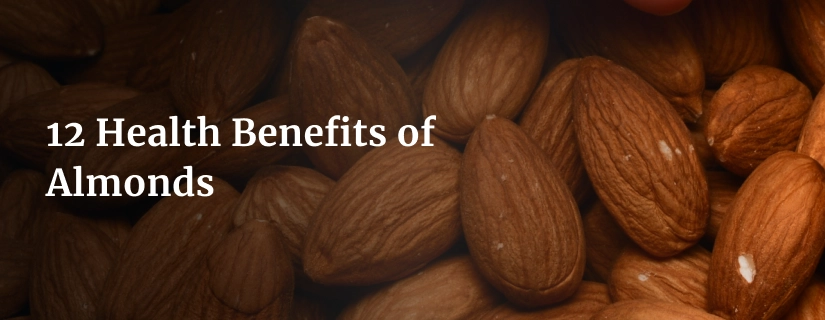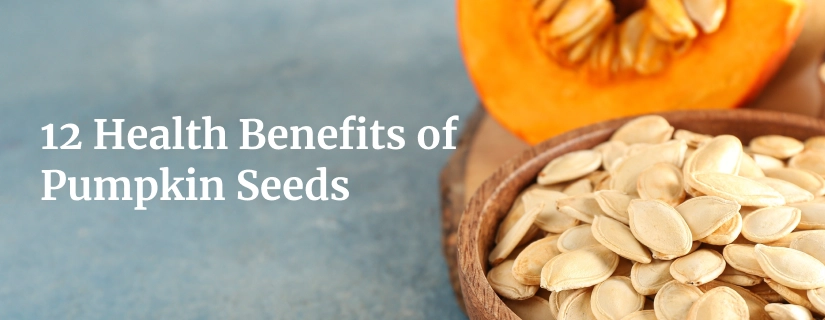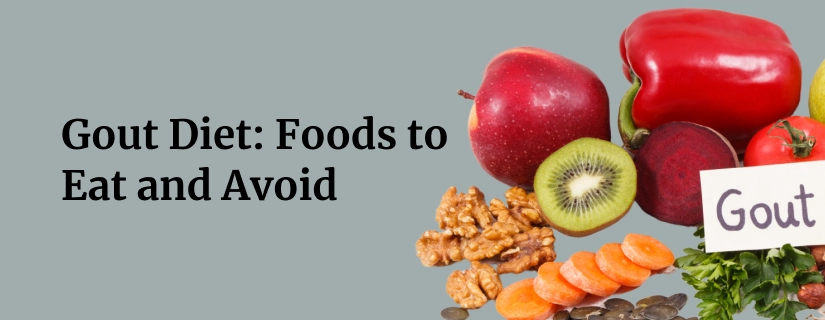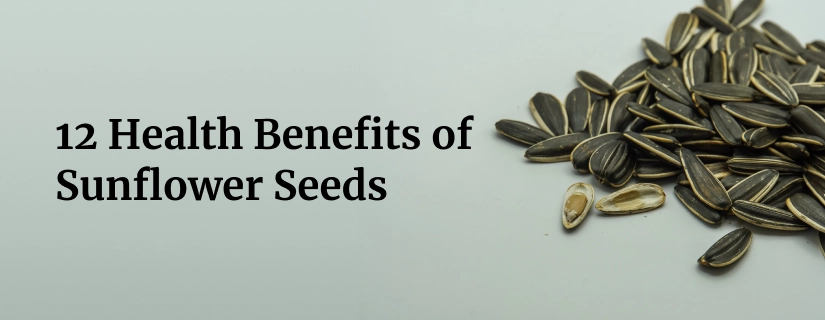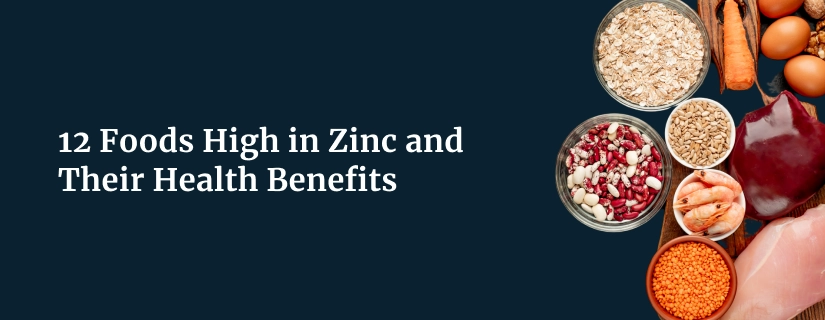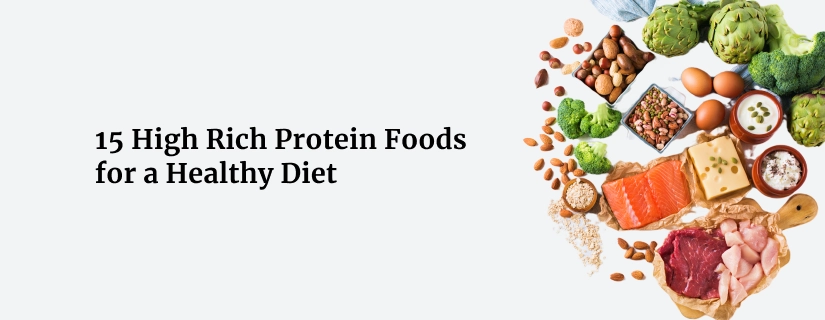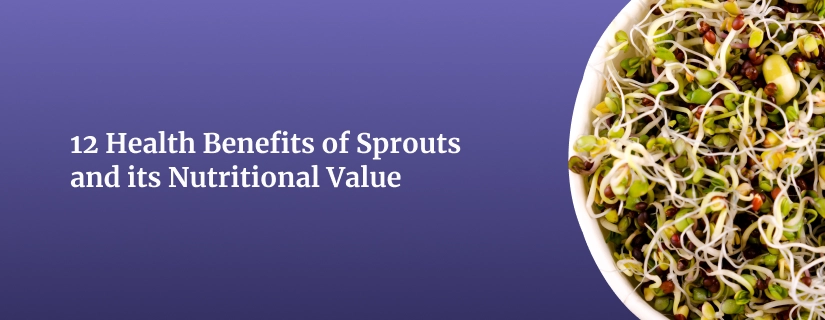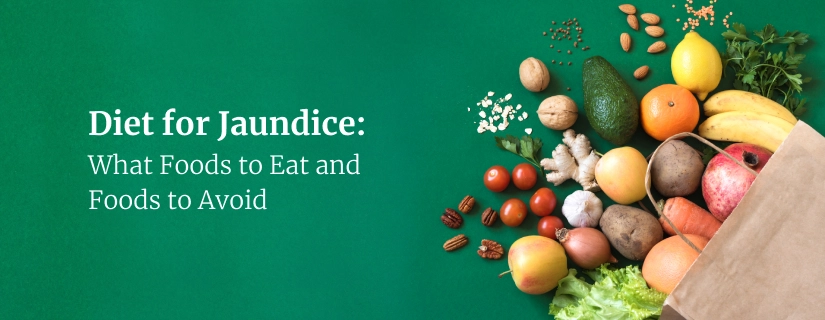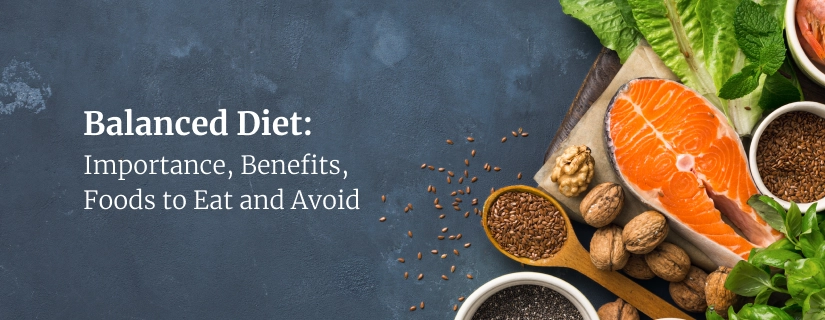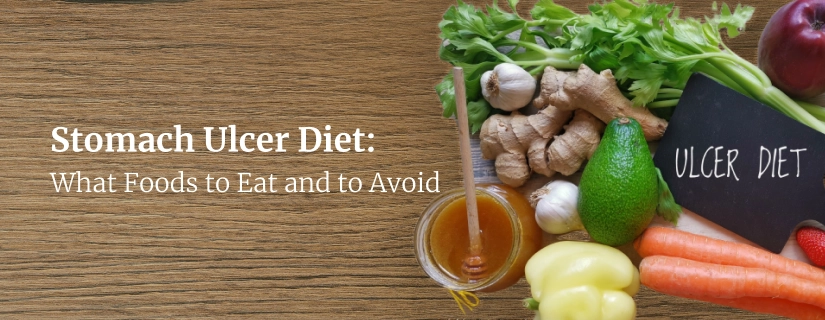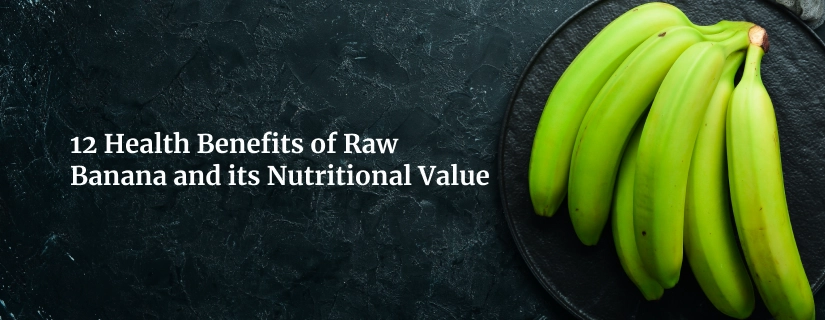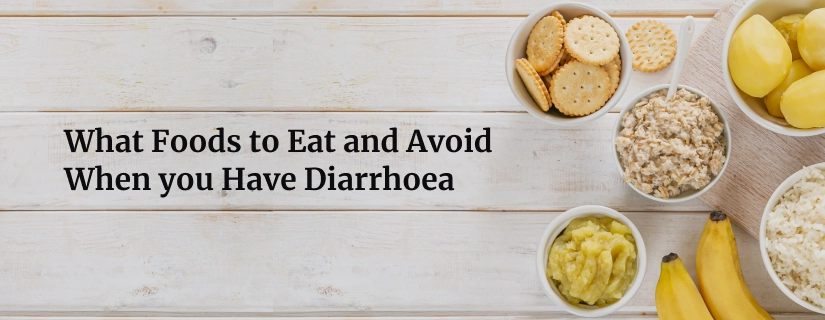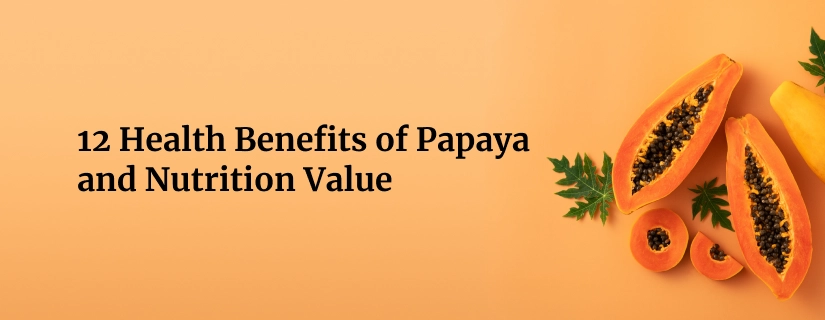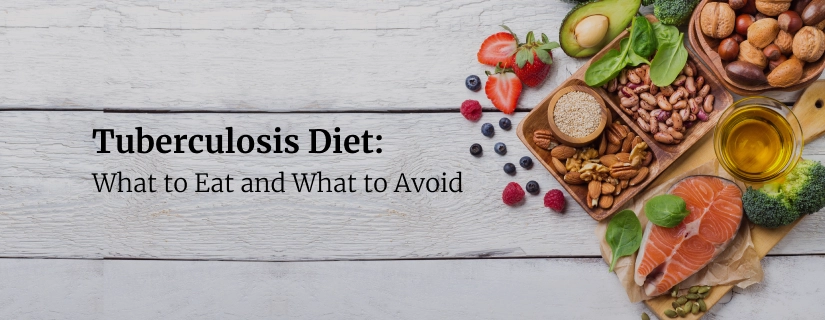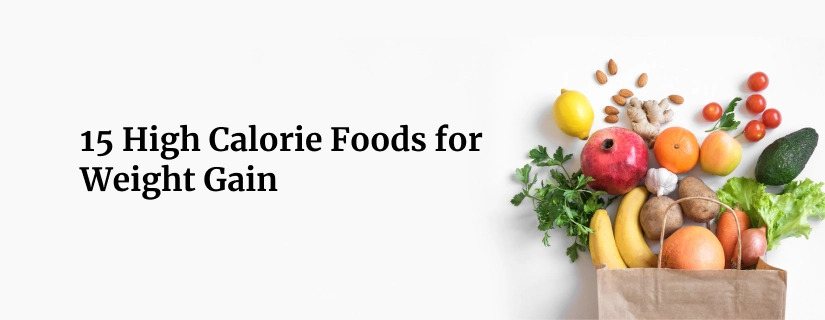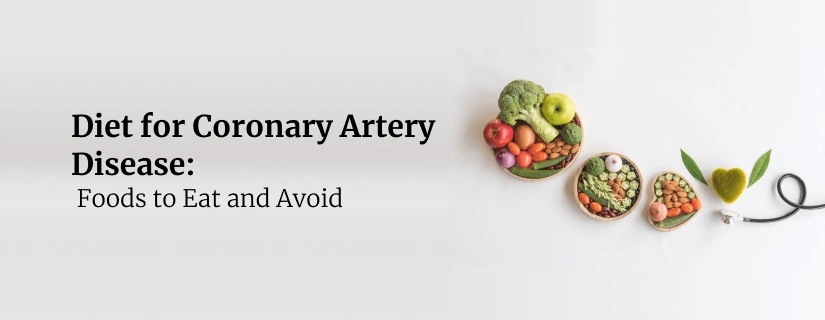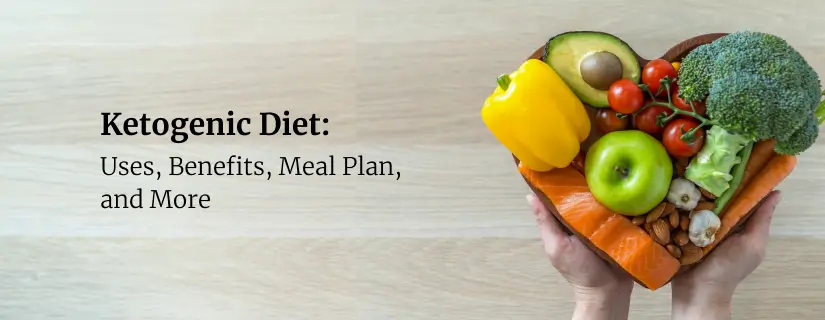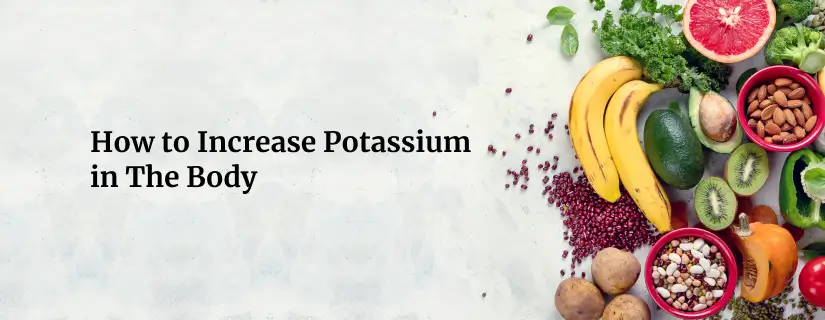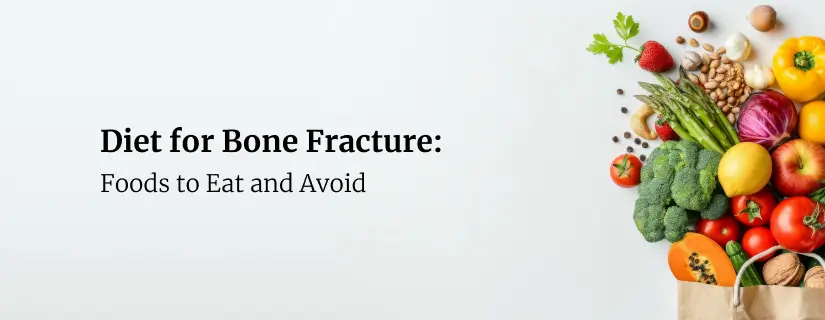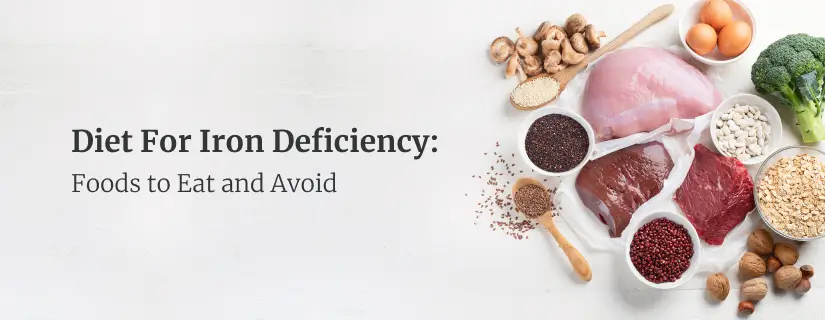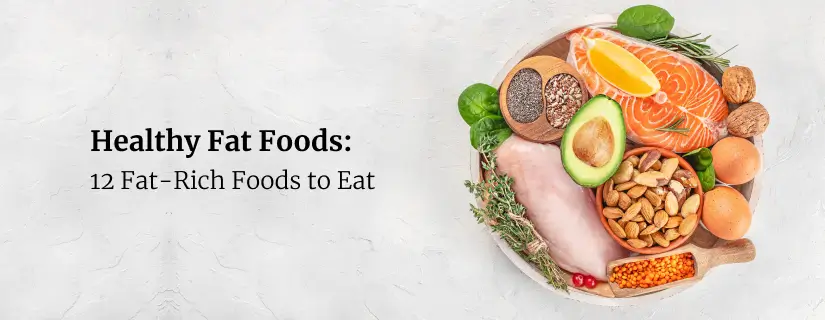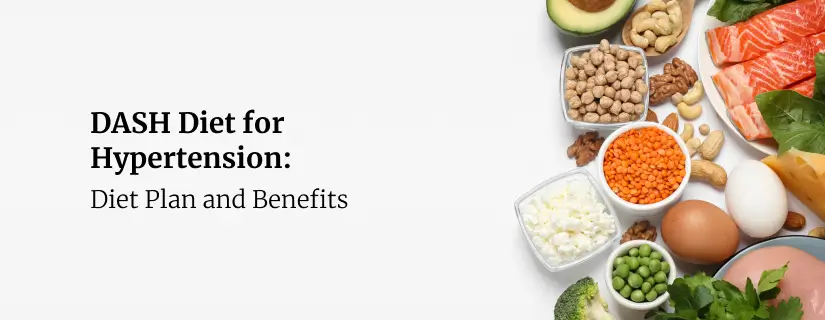-
Doctors
-
Specialities & Treatments
Centre of Excellence
Specialties
Treatments and Procedures
Hospitals & Directions HyderabadCARE Hospitals, Banjara Hills CARE Outpatient Centre, Banjara Hills CARE Hospitals, HITEC City CARE Hospitals, Nampally Gurunanak CARE Hospitals, Musheerabad CARE Hospitals Outpatient Centre, HITEC City CARE Hospitals, Malakpet
HyderabadCARE Hospitals, Banjara Hills CARE Outpatient Centre, Banjara Hills CARE Hospitals, HITEC City CARE Hospitals, Nampally Gurunanak CARE Hospitals, Musheerabad CARE Hospitals Outpatient Centre, HITEC City CARE Hospitals, Malakpet Raipur
Raipur
 Bhubaneswar
Bhubaneswar Visakhapatnam
Visakhapatnam
 Nagpur
Nagpur
 Indore
Indore
 Chh. Sambhajinagar
Chh. SambhajinagarClinics & Medical Centers
Book an AppointmentContact Us
Online Lab Reports
Book an Appointment
Consult Super-Specialist Doctors at CARE Hospitals
How To Make Your Diet More Nutrient Rich Foods: 6 Ways To Do
Updated on 31 July 2023
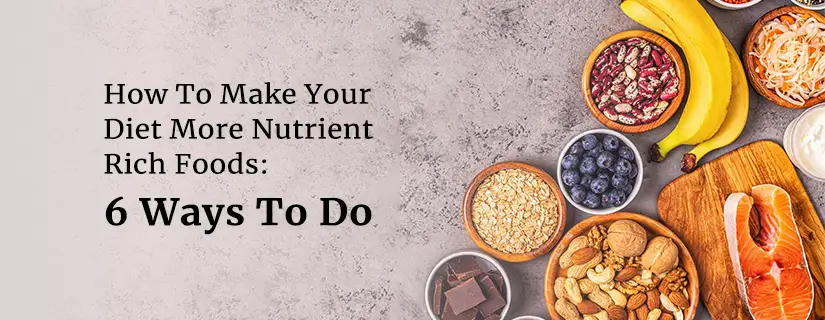
The phrase "more bang for your buck" may be familiar to you, and that is how we prefer to think of nutrient density.
You can only consume so much food in a day, so picking meals with high nutritional value can help you meet your nutritional goals while maintaining a healthy balance of calories or energy for your body.
You ought to select a diet high in nutrient-dense foods. Nutrient-rich foods have low levels of sugar, salt, carbs, and bad fats. A nutrient-rich food is low in calories and high in vitamins and minerals.
Our body receives nourishment from vitamins and minerals, keeping you healthy and lowering your chance of developing chronic diseases. Our body can absorb vitamins and minerals more effectively if we consume them in food. We are working so hard in life that it is essential to consume the nutrients that give energy to our body.
Why is it important to eat nutrient-dense foods for your health?
Consuming a diet high in nutrients promotes our body's daily operations, general health, and lifespan.
The key to staying healthy is to consume foods that are higher in beneficial nutrients like protein, fiber, healthy fats, vitamins, and minerals and lower in calories, added sugar, saturated, and Trans fats.
Our daily energy levels, ability to recover from physical activity, cognition, and mood are all influenced by what we eat. Additionally, what we eat is a significant factor in our risk of getting and treating chronic diseases. High nutrient-density food is best to provide the nutrients that give energy to our body.
Top 6 Tips for Increasing the Nutrient Density of Your Diet
It is more straightforward than it seems to increase the nutrient density of our food. However, it needs consideration, prescience, and consistency to enhance your health.
1. Say yes to more veggies
Consuming many vegetables is a surefire strategy to maintain health and manage weight. Green leafy vegetables should be a part of every meal; most cuisines and recipes may readily fit them. Vegetables are loaded with nutrients and fiber that support the health of your intestines and other internal organs and keep you going.
Since fruits and vegetables have a unique profile of nutrients, it is essential to eat a variety of them. If you need help fitting them into your schedule, you can add them to soups, protein shakes, pasta dishes, smoothies, sauces, and dips.
2. Prepare wholesome meals
A typical bowl of macaroni and cheese is not a very well-balanced dinner. Simply put, it is deficient in protein and colour (nutrients).
Our meals should aim to include all three macronutrients, as well as a range of micronutrients and healthy fats. Making a nutrient-dense dinner does not require you to give up your favorite foods. Change a few things instead to include extra nutrients.
Start by replacing the white pasta in your macaroni and cheese recipe with whole grain and high protein pasta. Next, add a few broccoli florets and some chopped chicken. Sometimes you have to get creative to consume a diet high in nutrients.
3. Be a smart shopper
If your fridge or drawers are empty of high-calorie foods, you are less likely to consume them. They claim that healthy foods are those without nutrition labels; fill your trolley with fruits and vegetables and make an effort to incorporate them in both main meals and snacks.
Remember to stock your pantry with other nutritious items that make great snacks, such as nuts, seeds, dried fruit, and so forth.
4. Consume protein with every meal and snack
Protein supports your emotions, muscles, immune system, and more while keeping you feeling fuller for longer.
Aim to consume a mix of whole food protein sources, both plant-based and animal proteins, such as poultry, almonds, beans, tofu, eggs, meats, lentils, and seafood, to acquire a well-rounded nutrient profile.
As a rule, try to have 20–30 grams of protein at each meal and 10–20 grams at each snack.
5. Include extra leafy greens
Leafy greens are low in calories and vitamins, minerals, and fiber. Examples of these are spinach, collard greens, and kale.
If you do not like the flavor, you can blend them into smoothies, add them to salads, or toss them into pasta meals, which will become a protein-rich vegetarian diet. Instead of using carbohydrates as the foundation of your meal, use greens because they are packed with nutrients and will support your overall health.
6. Consume a range of nutrient-rich foods
It is important to understand that no single superfood can satisfy all of your nutritional requirements. Nevertheless, we are creatures of habit and frequently select the same foods.
The variety will also help guarantee that you get various vitamins and minerals, preventing any nutritional gaps in your meals
Conclusion
A healthy diet should include a bunch of nutrient-dense foods. Your body and mind will receive more of the vitamins, nutrients, protein, fiber, and healthy fats required to function correctly if you choose nutrient-dense foods versus ones high in empty calories. It is essential to have a protein-rich vegetarian diet in your meal plan.
Therefore, the next time you go grocery shopping, try to pack your cart with nutrient-dense foods like vegetables, fruits, plant and lean animal proteins, and low-fat dairy items.
Ms. Sunitha
Dietetics and Nurition
Musheerabad, Hyderabad

ENQUIRY FORM
SELECT CATEGORIES
-
Neurosciences (16)
-
Neurology (37)
-
Neurosurgery (14)
-
Orthopaedics (48)
-
Oncology (33)
-
Obstetrics and gynecology (52)
-
Pulmonology (23)
-
Urology (20)
-
Nephrology (13)
-
Psychiatry (7)
-
Dietetics and Nutrition (111)
-
General Medicine (63)
-
Cardiac Sciences (32)
-
Vascular & Endovascular Surgery and Interventional Radiology (15)
-
Gastroenterology (46)
-
Endocrinology (23)
-
Plastic Surgery (10)
-
Critical Care Medicine (5)
-
COVID-19 (16)
-
Dermatology (16)
-
Emergency Care (1)
-
Ophthalmology (4)
-
Pediatrics (14)
-
Laparoscopic and Bariatric Surgery (8)
-
ENT (15)
-
Kidney Transplant (1)
-
Liver Transplantation and Hepatobiliary Surgery (5)
-
General Surgery (3)
-
Internal Medicine (5)
-
Medicine Information
How Can I Improve My Child's Eating Habits?
Can You Overdose on Vitamins: Everthing You Need To Know
YOU MAY ALSO LIKE
RECENT BLOGS
-

Preterm Birth (Premature Birth): Symptoms, Causes, Treatment and Prevention
13 May 2025
Read More
-

Rotablation Angioplasty: Benefits, Treatments, And Recovery Time
9 May 2025
Read More
-

What Is The Difference Between IUI and IVF?
9 May 2025
Read More
-

Venous Malformations: Causes, Symptoms, and Treatment
30 April 2025
Read More
-

Varicose Vein Foam Sclerotherapy: Treatment, Benefits, and Procedure
30 April 2025
Read More
-

Radiofrequency (RF) Ablation Treatment for Varicose Veins: Know More
30 April 2025
Read More
-

Varicose Vein Sclerotherapy: Treatment, Benefits, and Procedure
30 April 2025
Read More
-

Varicose Vein Endovenous Laser Ablation: Procedure, Benefits, Risks
30 April 2025
Read More
Have a Question?
If you cannot find answers to your queries, please fill out the enquiry form or call the number below. We will contact you shortly.





